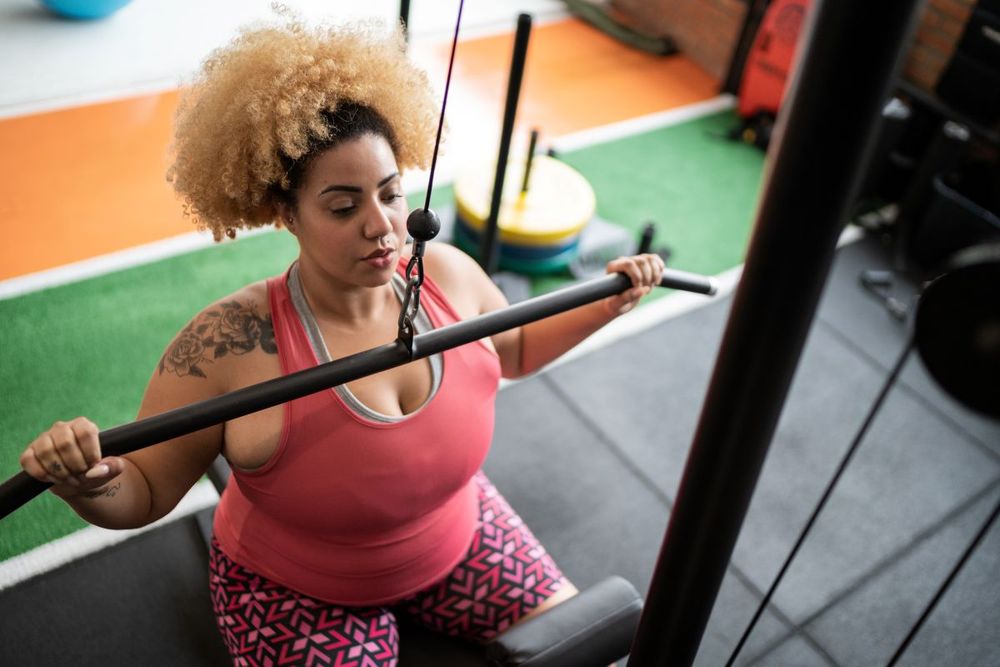Obesity and Weight Management: New Textbook Features ACE Experts

A new textbook, Obesity and Weight Management: The Exercise Professional’s Guide to Fitness Programming, features ACE experts and is a comprehensive and practical guide to working with clients with overweight and obesity. Learn more about this groundbreaking text.
Read More
















